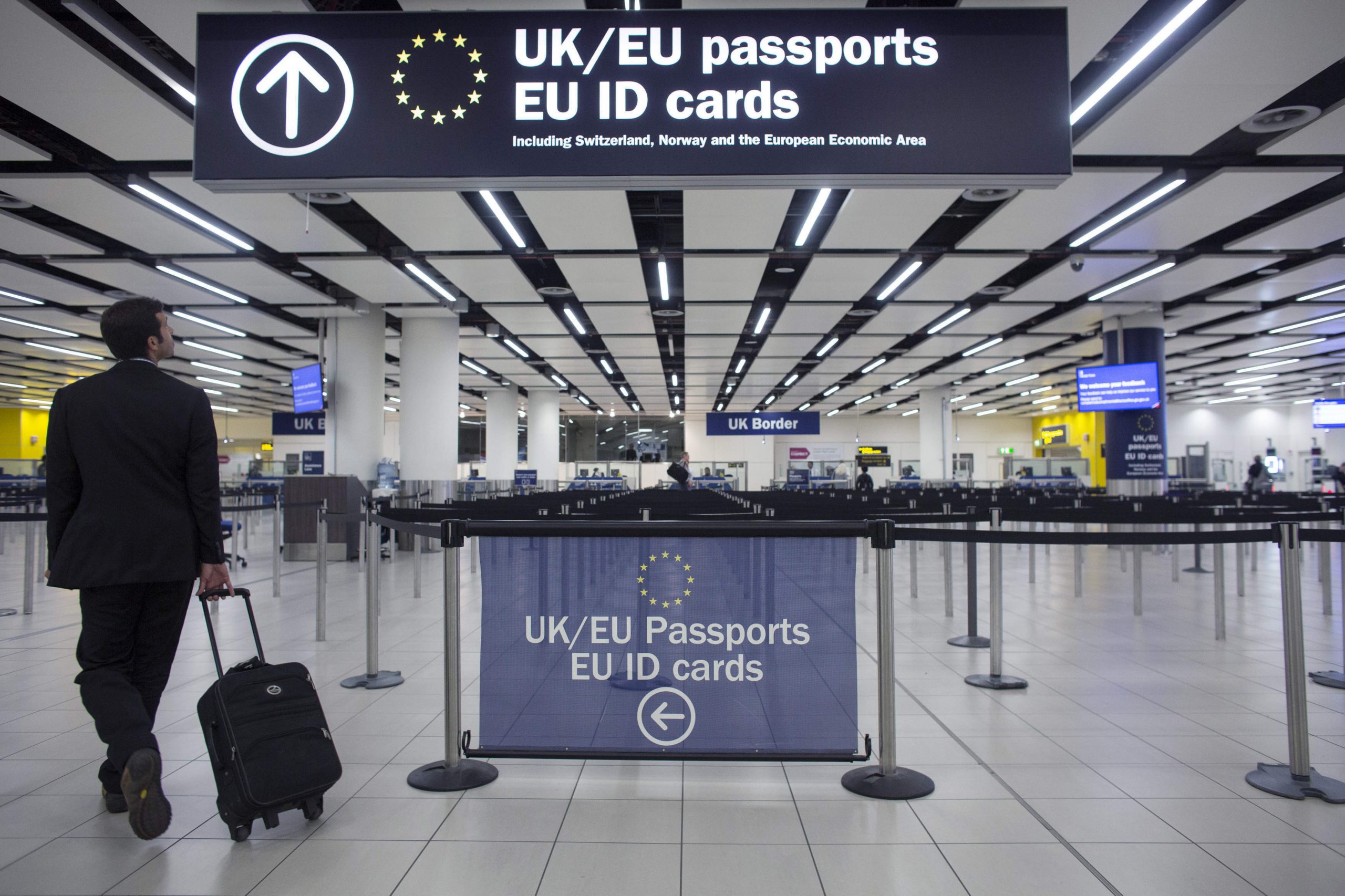
There are few subjects as explosive in Britain today as immigration. Labour is split between those who see anti-immigrant feeling as racism by stealth, and those who consider it a legitimate response to a changing labour market. The Tories, too, are divided between social conservatives worried about culture and communities, and economic liberals who believe everything must be done to preserve the single market.
If David Cameron hadn’t decided to hold an EU referendum, perhaps this debate would have rumbled on before either rolling towards an overwhelming question or being outstripped by events. But he did, and Brexit happened.
Now, most political realists agree, there will have to be some kind of policy change on immigration. But apart from turning the lights out at border control and bracing ourselves for a hard Brexit, what are the options? Here are some of the ideas on the table:
1. A points-based system
This idea has been bandied around for years, with “points-based system” usually coming straight after “Australian”. The principle is simple enough – aspiring immigrants gain points depending on their education, age, fluency in English and work experience. Of course, the Australian immigration system also involves refusing to let desperate people on boats land, and instead leaving them to rot on islands like Nauru. However, the points-based system is also used in Canada, and *news klaxon* the UK already uses elements of a points-based system for immigration from outside the EU.
If you’re Theresa May, the main argument against a points-based system is, apparently, that it lets in too many talented immigrants. If you’re the NHS, it can be an obstacle to hiring staff who are desperately needed. And if you’re a Brexit negotiator, since a points-based system effectively eliminates working-class EU immigrants, it is going to make your job very hard indeed.
2. Regional recruitment
In Canada, each province can set their own immigration policy, within certain boundaries, by nominating individuals for permanent residence. So British Columbia is willing to nominate healthcare professionals and post-graduate students who attend a provincial university. The Yukon, a remote province with just one city, nominates entrepreneurs.
But there’s the thing. Canada is the second biggest country in the world, and the population is half that of the UK. Breaking the rules takes effort. Chris Murray, a research fellow at the IPPR, said: “Everyone’s afraid it is a backdoor to London. You say you’re working in Cumbria, and you move straight down to London.”
3. An emergency brake
Back in 2014, the then-Prime Minister David Cameron floated the idea of an “emergency brake” on EU immigration. Under this system, which is based on existing EU law, free movement could continue but the Government would reserve the right to halt it in certain circumstances. As the FT noted: “The rules are supposed to deal with situations such as acts of war or volcanic eruptions, not the movement of fruit pickers from eastern Europe.”
After the volcanic eruption of Brexit, though, the IPPR now thinks an emergency brake could be Britain’s best bet. Murray told The Staggers: “It is quite targeted, and also it is much more likely to get support from European partners.” But remember, Cameron tried to negotiate an emergency brake before. And failed.
4. Work permits
If you subscribe to the idea Brexit was about wages, and not xenophobia, you might be inclined to support a system of work permits. Under this system, freedom of movement could continue for students, families and retirees, but workers would have to obtain work permits. Home secretary Amber Rudd has said of the idea that it “has value”.
The problem is, both Britain’s Brexiteers and the EU’s negotiators can count. Hand out work permits to everyone, and immigration levels remain high. Tighten the rules, and that’s the end of freedom of movement. It’s hard to see either side giving the Government such an easy way out.




